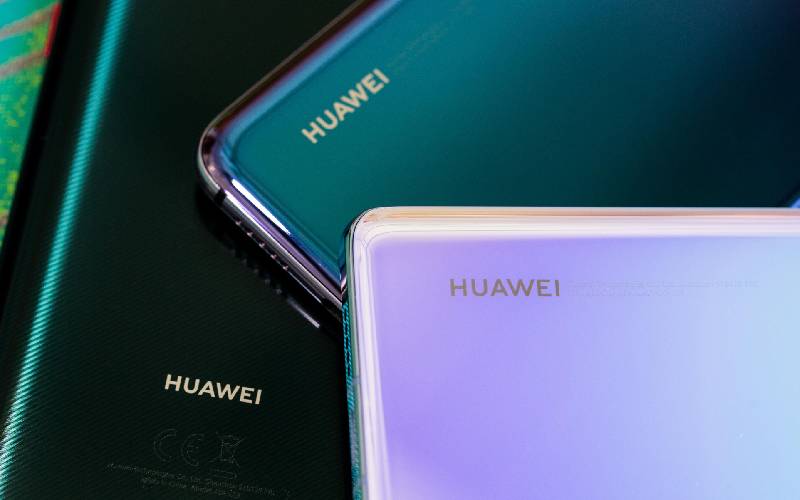×
The Standard e-Paper
Join Thousands Daily

When former Chinese army officer Ren Zhengfei founded Huawei in 1987, his business plan appears to have been relatively simple. By reverse engineering foreign-built phone switches and other basic telecoms equipment, the firm could undercut international rivals and become a worldwide market leader.